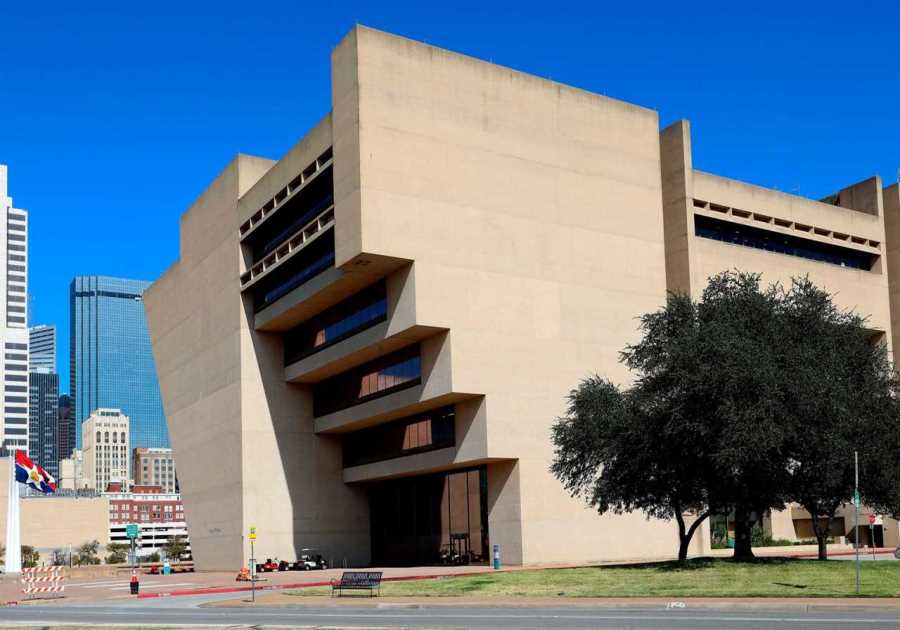Listing properties on home sharing platforms like Airbnb is getting more complex. Here’s what’s allowed—and what isn’t—where you live.
The promise of home sharing has shifted. Once upon a time, if you had a room to spare, renting it out to a stranger meant you could make a new friend and some spare cash in the process. But after Airbnb caught on in more in more cities since its debut in 2008, acts of bonhomie have given way to a profit-driven short-term rental industry that has created a complex love-hate relationship between city dwellers, property owners, and municipal actors.
In 2020, Forbes published a story on the "Airbnb effect," showing how the opening of new units has ramifications similar to gentrification, wherein existing residents are priced out of their rental market. According to a study cited in the article, a one percent increase in short-term rentals (STRs) leads to seemingly-minor increases in rents and home prices—0.018 percent and 0.026 percent, respectively—that can actually have a "cost creep" for residents hoping to rent in the long-term or purchase a home.

A watershed 2019 case between the City of Santa Monica and Airbnb established city’s rights to set regulations for short-term rentals.
Photo by Simonkr
Whether attempting to assure housing stock for their residents—or just prevent overnight partiers from disrupting a neighborhood—more cities are starting to regulate STRs following a landmark 2019 case between Airbnb and the City of Santa Monica. In it, a federal appeals court decision affirmed a city’s right to set rules around listings and hold platforms like Airbnb, Vrbo, and HomeAway accountable for any that don’t comply.
Now, for property owners wanting to rent out their space, there can be a number of hoops to jump through, include registering an address, tenant background checks, and obtaining police permits. Below is a non-exhaustive list of the ones specific to your city. Save this story for regular updates.
Austin

What are the rules?
Hosts of STRs in Austin are required to obtain an operating license, which requires an $864 fee, proof of insurance, and a certificate of occupancy. If a host is not the owner of a rental property, they must receive permission via an agent authorization form. The city defines an STR as the rental of a residential unit or accessory building for fewer than 30 consecutive days.
How did they come about?
In 2016, Austin adopted new regulations for STRs that banned Airbnbs and other home sharing platforms from non-owner-occupied buildings in specific residential areas. However, in 2023, a federal court ruled these restrictions unconstitutional because, as reported by KUT News Austin, it violates a "dormant Commerce Clause, which basically says a city can’t limit people’s ability to make money off their property even if they don’t reside there."
Chicago

Photo by Andrey Denisyuk
See the full story on Dwell.com: Here Are the Rules for Short Term Rentals in Your City
Read More
By: Anjulie Rao
Title: Here Are the Rules for Short Term Rentals in Your City
Sourced From: www.dwell.com/article/rules-for-short-term-rentals-airbnb-vrbo-ceaa02be
Published Date: Thu, 21 Mar 2024 16:30:28 GMT
.png)





